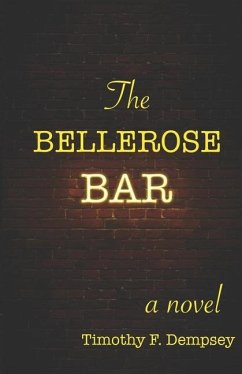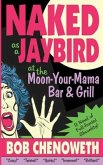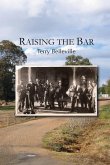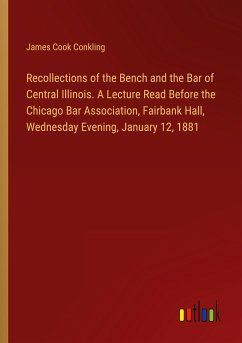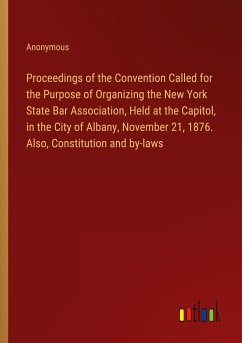In the Sixties, those who rebelled against mainstream society were called hippies and flower children. They envisioned a kinder, more peaceful world, where all people were afforded the same opportunities and war was over, if they wanted it. They imagined that the way to achieve this was to get stoned and have sex. Many of those who survived the pervasive drug culture stumbled into middle age, hanging onto their ideals, often by a thread. In the late 1990s, the paths of two estranged brothers converge in their childhood home, in Bellerose, Queens. As Kevin lies dying from Hepatitis C, his younger brother, Davey, attempts to care for him, as best he can, leveraging a hospice nurse and a cadre of childhood friends. Each brother harbors judgment of the other. Kevin has never forgiven Davey for fleeing to Toronto to evade the draft. Likewise, Davey has never forgiven Kevin for enrolling in the service, going to Vietnam, and succumbing to drugs upon his return. Kevin drifts in and out of dreams and memories, having lost the capability to distinguish between the two. All Kevin wants is one last bender. The Bellerose Bar revisits Davey, the protagonist in Schneid's, some twenty years after that story ends. Whereas Schneid's was a coming of age story, told in the first person, The Bellerose Bar depicts a mid-life crisis and is told from the third person omniscient voice, allowing multiple points of view. As he cares for his brother, Davey wrestles with old relationships and character issues. When his wife arrives, he is forced to face his own reality and identity. The Bellerose Bar examines the enduring power of love and all its mutations, from family love, whether between siblings or spouses, to lifelong friendships. The Bellerose Bar is a literary novel told in an historical context. It features many of the touchstones that defined life in New York City from the sixties thru the nineties: the drug culture, Vietnam, the draft, draft dodgers who fled to Canada, the influence of rock n' roll music, the Fillmore East and the spread of Hepatitis C. It contrasts the midlife experiences of those who chose to leave the City and those who chose to stay in their childhood neighborhoods. Although it can be described as a sequel to Schneid's, it is a stand-alone novel that is not dependent on the first book to enjoy the story. Finally, The Bellerose Bar is a philosophical book that explores spirituality, examining the death and dying process from multiple perspectives and particularly explores some of the teachings of Buddhism. It draws few conclusions, but raises many questions, encouraging the reader to reflect on their own answers.
Hinweis: Dieser Artikel kann nur an eine deutsche Lieferadresse ausgeliefert werden.
Hinweis: Dieser Artikel kann nur an eine deutsche Lieferadresse ausgeliefert werden.

